7+ Horror Movie Performances That Deserved an Oscar
Horror is often snubbed when it comes to the Academy Awards, and these actors’ performances should have earned them the coveted prize.
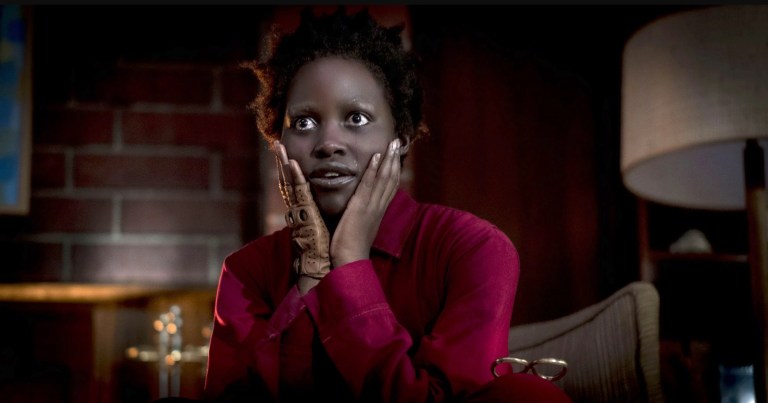
The Academy has long snubbed the horror genre, eschewing such content in favor of spookless stirring dramas. Whether due to some shared elitist mentality against the genre or a failure to shake antiquated traditions — from a time when horror movies were primarily guts, gargoyles, and ghosts — horror performances have faced neglect for far too long. Horror can be just as artistic, just as significant, and just as culturally relevant as its dramatic counterpart.
Throughout the near-century the Academy Awards have existed, few actors have taken home the coveted prize for a horror performance. The list is short: Kathy Bates for Misery, Natalie Portman for Black Swan, Jodie Foster and Anthony Hopkins for Silence of the Lambs, Ruth Gordon for Rosemary’s Baby, and Fredric March for Dr. Jekyll and Mr. Hyde. Not only is the list depressingly scant, but many would argue that several of these performances fall more into the “suspense/thriller” space, which — seemingly due to semantics alone — has managed to dodge the horror genre’s Oscar-repellent reputation.
This invokes the psychological thriller debate and the concept of “elevated horror” — which arguably functions to classify horror movies that do not adhere to preconceived notions of the genre as exceptions to the rule, as opposed to extensions of the space. However, that is a lengthy discussion for another time, as this post will highlight horror performances that were so wrongfully snubbed by an Academy that fails to see the value in fright.
Lupita Nyong’o | ‘Us’ March 22, 2019
Lupita Nyong’o’s dual performance in Us is mesmerizing. She tackles a protective and afraid mother with a palpable vulnerability and tenderness, as well as her chilling doppelgänger (Red) with a piercing gaze and a raspy voice that seems to strain with each utterance. There’s an otherworldliness to Red —a sort of harrowing omnipotence that Lupita creates with her voice and body. She transforms her stature to manifest a chilling stillness that underscores Red’s dominance. On the other hand, Adelaide is a shaken victim, burying her trauma and feigning resiliency in the face of unveiled wounds. It’s a dichotomy that Nyong’o captures with ease.
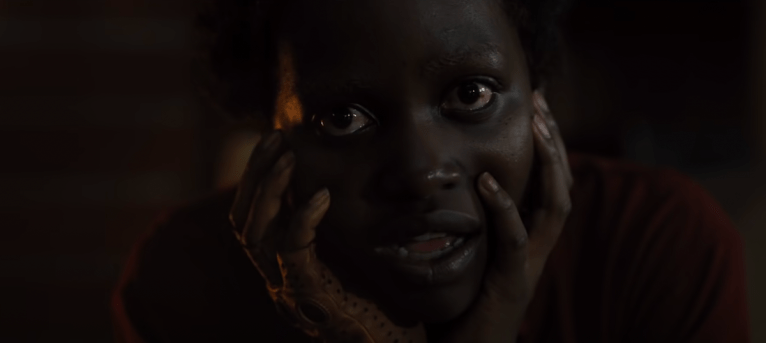
In one scene, when Adelaide and Red confront one another, Lupita shifts seamlessly from menace to vulnerability and back again; her facial expressions, body language, and posture seemingly morph as if commanded via remote control. She makes it look effortless. Somehow, she seems to internalize both characters equally, yet shifts between them with zero remnants of the other lingering when not in the scene.
Florence Pugh | ‘Midsommar’ August 30, 2019
Florence Pugh’s take on Dani in Midsommar moves from vulnerability and confusion to empowerment and self-discovery. Pugh captures Dani’s initial pain and grief (her parents and sister died in a double murder/suicide) with an emptiness discernible via her facial expressions alone — which lack color and movement. She’s living in her mind (with so much left unsaid), yet Pugh gives such a tour-de-force performance that the complexity of her internal feelings transfers from screen to viewer. Pugh does not need words to showcase the journey Dani is on. Her eyes, her lips, the ever-slight downward tilt of her chin, and the minimizing of the space she inhabits say it all.
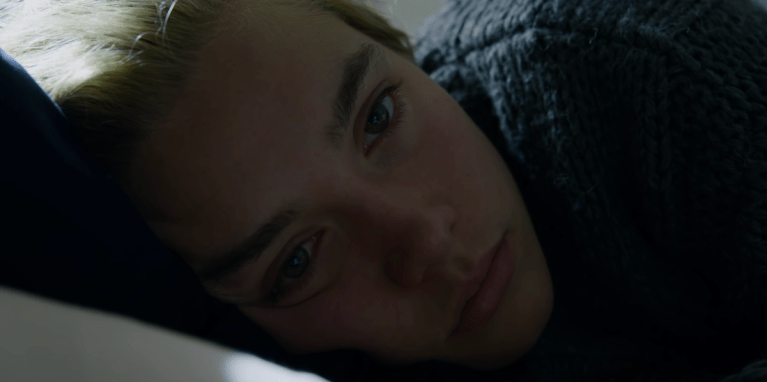
From breakdown to bewilderment to bravery, Pugh traverses a range of emotions rarely needed for a single performance. Smart but unsure. Shrewd but shaken. Defeated and demoralized, bet determined. An instinct to survive in the face of emotional detachment from all those around you. Dani is not an easy character to take on, but Pugh is unstoppable in the role.
Toni Collette | ‘Hereditary’ June 8, 2018
Hell hath no fury like a mother scorned. There is no pain equivalent to the grief of losing a child, and Collette delivers a chilling performance as a mother whose daughter dies in a horrific accident. She wails in agony. Her scream — a combination of shock, heartbreak, and disturbance — seemingly reaches a volume and frequency designated for this unnatural brand of loss. Children prepare to lose their parents. Not the reverse. Her performance captures this breed of justified anger — of karmic unfairness mixed with unshakeable agony.
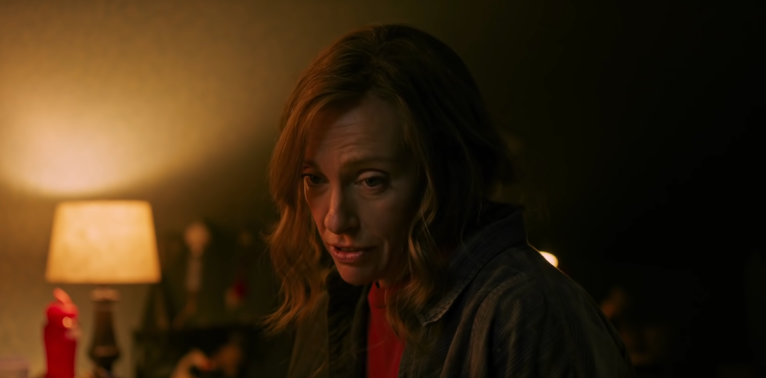
Colette’s ability to convey despair in one instant yet unbridled rage in the next is a testament to how much she commits to this role— as her character bounces between the stages of grief in a harrowing fashion. Not only do her voice and expressions change to capture such loss, but her body seems to droop with the weight of her grief — the sleepless, torturous nights that have become a familiar burden.
And as the supernatural elements of the story come into focus, Collette’s performance moves to a place of insanity — to a wide-eyed state of terror. She emotionally travels from a state of emptiness and weakness to one of madness. She enters a crazed abyss that is equal parts horrifying and heartbreaking. You cry with her. You jump in fear at and with her. She pulls you into her inner life and never lets go.
Christian Bale | ‘American Psycho’ April 14, 2000
Bale is unnerving as Patrick Bateman in American Psycho. A sadistic murderer who has developed his image and persona as the “ideal businessman” to fool those around him. Bateman boasts a winning smirk and a steady voice that never rises or falls with emotion, but rather permanently settles in this soothing, middle register. He calls it his “mask of sanity” and he ensures it’s secured tightly every morning.
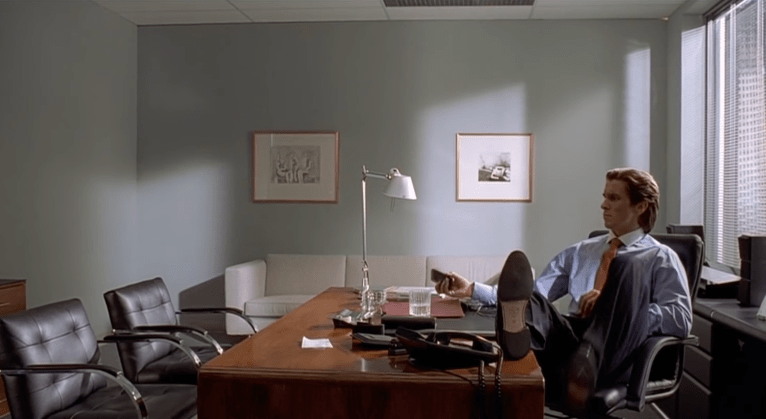
He’s fastidious and obsessive about his appearance and all aspect of his image (including his business cards). This compulsion seems to work in his favor, as the mask stays in place, fooling the victims who cross his path. However, when the mask slips, the charm and charisma fall from his face as cruelty, brutality, and an insatiable hunger for violence crawl into expression. Bale shifts from Bateman’s sophisticated and balanced exterior life to his unhinged, psychotic interior world with ease. Yet, even when Bateman is playing good boy, there’s a disturbing essence lurking beneath the surface. It’s Bateman’s ability to carry the calm and collected while hinting at the cruelty that makes this performance exceptional.
Jack Nicholson | ‘The Shining’ May 23, 1980
No one does a descent into madness like Jack Nicholson in The Shining. From a soft-spoken paternal protector to a raging murderer with a penchant and proclivity for torturous tantalizing, Nicholson’s take on Jack Torrance is well-paced and utterly terrifying. Nicholson perfectly balances moments of subtlety with instances of insanity. His descent is slow-burning, making his bursts of unhinged vitriol all the more destabilizing. He’s unpredictable. Sometimes he seems normal, and then BAM…Crazy.
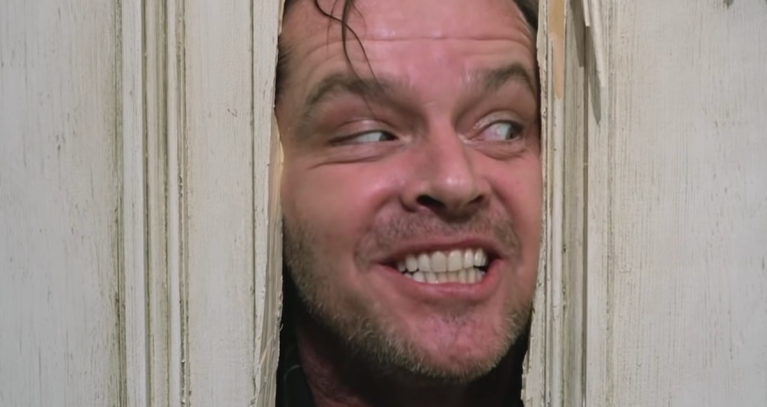
When Shelley Duvall stands across from him in fear, he mimics her pleading with an air of condescension and superiority. He finds excitement in torturing her. In playing games with his victim — in slowly walking toward her with a domineering stature and killer gaze. The “Here’s Johnny” scene — when he creates a hole in the door with an axe to stick his head through — is still the stuff of nightmares. The moment is so iconic it has been parodied in Nickelodeon shows like iCarly and hit sitcoms like The King of Queens.
Intense. Disturbed. Incalculable. Menacing. Sadistic. Haunting. All are qualities integral to this horror baddie, yet somehow constituted a performance the Academy deemed unimpressive.
Ellen Burstyn | ‘The Exorcist’ 1973
Burstyn managed to snag an Oscar nomination for her performance in The Exorcist, but the award went to Glenda Jackson for her leading role in Touch of Glass. Snagging the nomination, however, is quite impressive concerning horror performances. It is Burstyn’s take on this committed mother who must watch her daughter succumb to such evil that remains ever-so-present in our minds.
Who can forget when Burstyn says, “That thing upstairs isn’t my daughter” as fear, discouragement, determination, and parental instinct seem to drip from her lips before she transitions into a woman yelling: “You tell me you know for a fact that an exorcism wouldn’t do any good. You tell me that!” She raises her voice in anger and aggravation, tears bubbling as she asserts her stance.
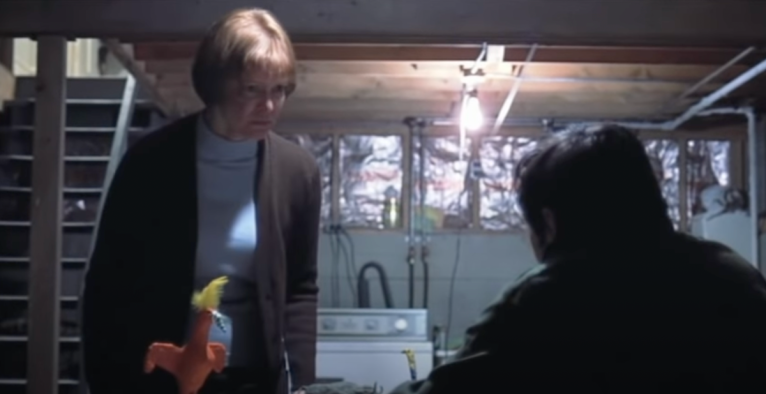
Burstyn gets several moments throughout the film to showcase a mother’s protective nature. A mother’s inability to let her mind wander anywhere else when her child is in danger. She’s fidgety and focused. She listens to the experts intently — eyes darting, lips quivering, hands moving from hips to face and back again. And, when she yells — when she reaches a point of pure frustration with these experts who refuse to admit the truth, she becomes fraught. Both loud and languished. Unrelenting and unwound. It’s impeccable.
Anthony Perkins | ‘Psycho’ September 8, 1960
Charming with a hint of creepy. Welcoming and warm, but concealing a wicked interior. Anthony Perkins captures Bates’ duality — a man who seems like a gentle soul but is bearing the weight of murderous impulses. There is a captivating vulnerability present, as the character himself is uneased by his inner demons.
Perkins hides Bates’ nature underneath a layer of innocence. He’s got that “awkward but cute” pretense that assuages the doubts his victims feel in brief moments that expose his darker inclinations.
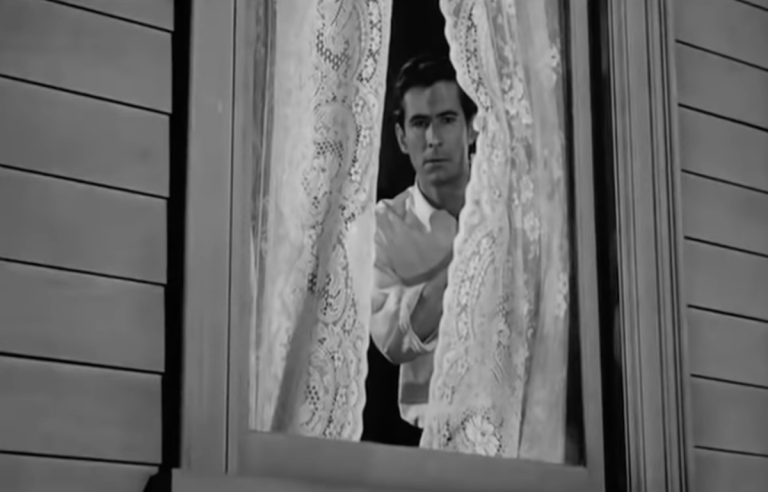
The contrast between the wide-eyed boyish man you meet when you enter the Bates Motel and the killer who lurks at night is an exquisite juxtaposition that keeps viewers guessing. Perkins manages to, with subtle glances and gestures, keep his motel attendees (and viewers at home) in a state of tension.
It’s a chilling performance as Perkins waivers between a puppy-eyed man who couldn’t hurt a fly and a threat with a fractured psyche — whose remaining strings of sanity slowly tear at the seams until the ultimate climax. That wide-eyed innocence becomes wide-eyed instability. That side smirk is no longer charming but haunting. With ever-so-subtle shifts in expression, Perkins transforms.
Honorable Mentions:
- Mia Farrow in Rosemary’s Baby (1968) | Official Description: A young couple moves into a lavish but macabre New York apartment. They decide to start a family, but the wife’s strange dreams and failing health lead her to worry about the pregnancy – and why her neighbors have such an interest in an unborn child.
- Jeremy Irons in Dead Ringers (1988) | Official Description: Twin gynecologists take full advantage of the fact that nobody can tell them apart until their relationship begins to deteriorate over a woman.
- Naomi Watts in Mulholland Drive (2001) | Official Description: An aspiring actress seeking fame in the City of Angels comes upon a strange woman battling amnesia after a car crash. Together they set out to uncover the mysterious strangers’ identity in a reality-defying journey from avant-garde director David Lynch.
- Daniel Kaluuya in Get Out (2017) — Nominated | Official Description: A young African American man visits his Caucasian girlfriend’s cursed family estate.
- Mia Goth in Pearl (2022) | Official Description: Trapped on an isolated farm, Pearl must tend to her ailing father under the watch of her mother. Lusting for the glamorous life she’s seen in movies, Pearl’s temptations and repressions collide in the origin story of X’s iconic villain.
